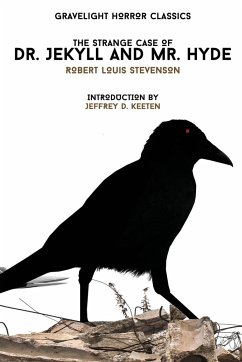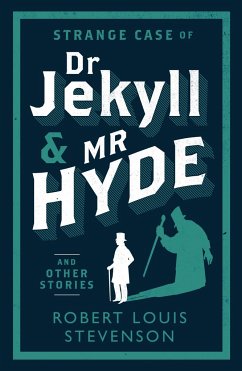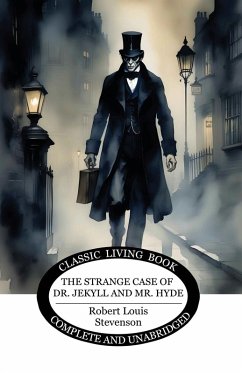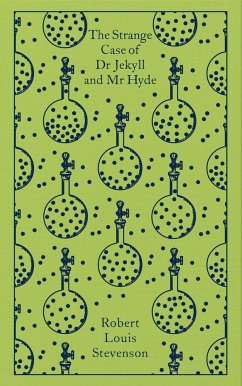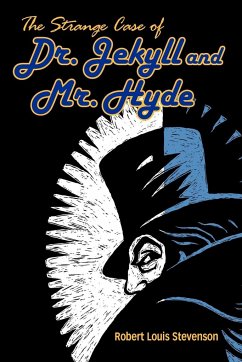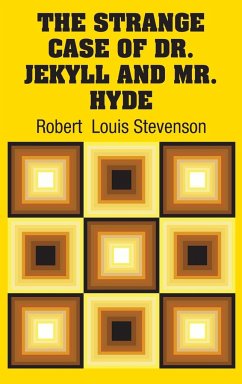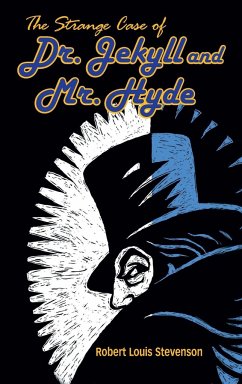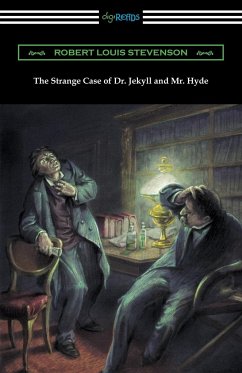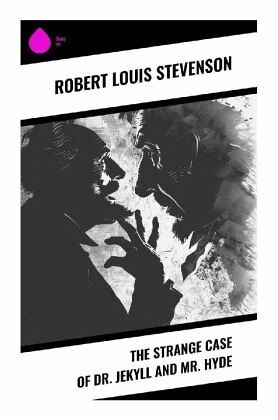
The Strange Case of Dr. Jekyll and Mr. Hyde
Versandkostenfrei!
Versandfertig in 6-10 Tagen
8,00 €
inkl. MwSt.

PAYBACK Punkte
0 °P sammeln!
In his seminal novella, "The Strange Case of Dr. Jekyll and Mr. Hyde," Robert Louis Stevenson explores the duality of human nature through a narrative steeped in Gothic elements and Victorian anxieties. The text intricately weaves the tale of Dr. Jekyll, a respected scientist who concocts a potion that transforms him into the nefarious Mr. Hyde, allowing him to indulge in his darker impulses without societal repercussions. Stevenson's sharp prose and evocative imagery not only engage the reader's senses but also provoke critical examination of morality, identity, and the human psyche, reflecti...
In his seminal novella, "The Strange Case of Dr. Jekyll and Mr. Hyde," Robert Louis Stevenson explores the duality of human nature through a narrative steeped in Gothic elements and Victorian anxieties. The text intricately weaves the tale of Dr. Jekyll, a respected scientist who concocts a potion that transforms him into the nefarious Mr. Hyde, allowing him to indulge in his darker impulses without societal repercussions. Stevenson's sharp prose and evocative imagery not only engage the reader's senses but also provoke critical examination of morality, identity, and the human psyche, reflecting the period's burgeoning interest in psychological complexity and moral ambiguity. Robert Louis Stevenson, born in 1850, was deeply influenced by his own tumultuous health and adventurous spirit, which colored his literary ventures. Having traveled extensively and engaged with various cultures, as well as grappling with the societal norms of his time, Stevenson became fascinated by the conflicting aspects of character and the shadows that lurk within. This personal context, coupled with his experiences in Edinburgh, provided a fertile ground for the exploration of the themes that permeate this work. Stevenson's novella remains a crucial text for anyone interested in the interplay between good and evil within the human soul. Its gripping narrative and psychological depth make it a timeless reflection on the nature of identity. Recommended for both scholars and casual readers, this work invites one to question the nature of their own inner dichotomies.



